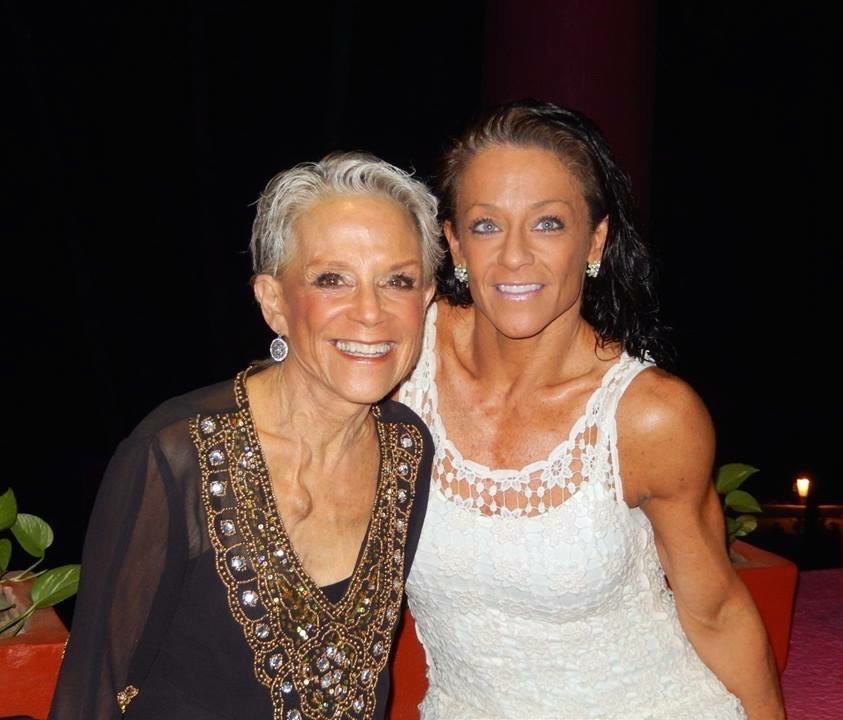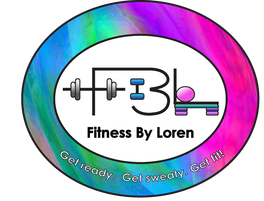Back in 2013, my mother, the healthiest person I knew, was diagnosed with stage 4 pancreatic cancer with metastasis to the liver. We were stunned, terrified, gutted. Her grandmother had lived to be 99, her mother to 92 and now at 72 years old, she was given 3-6 months to live, perhaps a few more months with traditional chemotherapy. Fortunately, if such a thing exists when talking about the death of your best friend, my mom survived on experimental treatments for 2 ½ years before succumbing to this brutal disease.
Because we had a family history of breast, ovarian and pancreatic cancers as well as being of Ashkenazi Jewish descent, upon diagnosis, my mother’s doctor advised her to have genetic testing which revealed that she was BRCA II positive. She urged my sister and I to be tested as well since we also had a 50% chance of carrying this gene mutation which has been linked to an 85% increased risk of breast cancer, a 25% increased risk of ovarian cancer and an 8% increased risk of pancreatic cancer.
For me, there was no debate about being tested. I considered knowledge to be the only power I had to be proactive in this situation which, to be honest, I fully anticipated would reveal that I was also BRCA II positive. When, as I suspected, I tested positive for the mutation, I quickly met with a genetic counselor and researched the options they suggested. One of these was to submit to a mammogram and breast MRI every 6 months. The other was to remove a part of my body that was inextricably a part of my self.
My decision to have a prophylactic bilateral mastectomy with reconstruction was a tough love moment for me but like the testing, the necessity of it was immediately clear. It was not that I thought it the “smart way” or “right way” to handle this situation, but rather, the only way for me to continue living in my own skin. I am not courageous. More aptly, you could call me The Cowardly Loren. This choice was plainly about self-preservation, the only way to maintain my mental and physical wellbeing. For women faced with this decision, I will tell you, the most important thing you need to know is YOURSELF.
My husband was adamantly opposed to my decision. He argued that I was a healthy person and could be proactive by testing frequently. He referred to the fact that my sister who had also tested positive, was choosing that route. He reminded me that I did not have breast cancer and that breast cancer, when caught early, can be successfully treated. As a physician, he reminded me of the risks I was taking to undergo major surgery as well as the toll it would take on my physical appearance. To him I said emphatically, I would rather be disfigured for life than have a doctor say to me, “good news, we caught it early” Early is too late for me. Given who I am, I knew I could not endure the mental assault of being frantic and upset, ruminating about the possibility of cancer lurking within me. I feared that my worry would remove me from enjoying the very things I loved most about my life: being a mother, a wife, a sister and friend.
Still, with all my certainty about what I needed to do it took me two years to do it. Logistically, it was difficult to allocate the time off from work to recover (I am a fitness class instructor and trainer) And because of my health insurance coverage restrictions, I had to choose my breast oncologist and reconstructive surgeon not by preference or recommendation but out of a list of in plan providers. My procedure involved a complete bilateral mastectomy and placement of breast expanders, which would be followed by about 5 months of doctor’s visit to gradually fill the expanders to my desired breast size. Once this was attained, I would have a second surgery to remove the expanders and insert gel implants.
I will never forget the first time I removed the bandages after the initial surgery. One look in the mirror and I erupted in tears. I was misshapen and scarred, drains dangling from my body. I looked like a victim. I looked like a survivor. I reminded myself that fortunately, I am neither. What I am is committed to living the healthiest, fullest life I can create. Choosing this surgery was what I was willing to do to beat some very bleak odds.
Like I said, I am not brave, but I am strong, and this, too, I inherited from my mother who faced far more difficult obstacles with grace, dignity and determination. I am Ellie’s girl, from my head to my toes, from my skin to within. And in her absence, I choose to honor the strength she gave me to make the hard choices. I feel quite blessed to be alive and healthy with family and friends that remind me of exactly why I didn’t want to risk losing a single minute. And I hope that in sharing my story, you will be empowered to make the best choices for yourself.
Because we had a family history of breast, ovarian and pancreatic cancers as well as being of Ashkenazi Jewish descent, upon diagnosis, my mother’s doctor advised her to have genetic testing which revealed that she was BRCA II positive. She urged my sister and I to be tested as well since we also had a 50% chance of carrying this gene mutation which has been linked to an 85% increased risk of breast cancer, a 25% increased risk of ovarian cancer and an 8% increased risk of pancreatic cancer.
For me, there was no debate about being tested. I considered knowledge to be the only power I had to be proactive in this situation which, to be honest, I fully anticipated would reveal that I was also BRCA II positive. When, as I suspected, I tested positive for the mutation, I quickly met with a genetic counselor and researched the options they suggested. One of these was to submit to a mammogram and breast MRI every 6 months. The other was to remove a part of my body that was inextricably a part of my self.
My decision to have a prophylactic bilateral mastectomy with reconstruction was a tough love moment for me but like the testing, the necessity of it was immediately clear. It was not that I thought it the “smart way” or “right way” to handle this situation, but rather, the only way for me to continue living in my own skin. I am not courageous. More aptly, you could call me The Cowardly Loren. This choice was plainly about self-preservation, the only way to maintain my mental and physical wellbeing. For women faced with this decision, I will tell you, the most important thing you need to know is YOURSELF.
My husband was adamantly opposed to my decision. He argued that I was a healthy person and could be proactive by testing frequently. He referred to the fact that my sister who had also tested positive, was choosing that route. He reminded me that I did not have breast cancer and that breast cancer, when caught early, can be successfully treated. As a physician, he reminded me of the risks I was taking to undergo major surgery as well as the toll it would take on my physical appearance. To him I said emphatically, I would rather be disfigured for life than have a doctor say to me, “good news, we caught it early” Early is too late for me. Given who I am, I knew I could not endure the mental assault of being frantic and upset, ruminating about the possibility of cancer lurking within me. I feared that my worry would remove me from enjoying the very things I loved most about my life: being a mother, a wife, a sister and friend.
Still, with all my certainty about what I needed to do it took me two years to do it. Logistically, it was difficult to allocate the time off from work to recover (I am a fitness class instructor and trainer) And because of my health insurance coverage restrictions, I had to choose my breast oncologist and reconstructive surgeon not by preference or recommendation but out of a list of in plan providers. My procedure involved a complete bilateral mastectomy and placement of breast expanders, which would be followed by about 5 months of doctor’s visit to gradually fill the expanders to my desired breast size. Once this was attained, I would have a second surgery to remove the expanders and insert gel implants.
I will never forget the first time I removed the bandages after the initial surgery. One look in the mirror and I erupted in tears. I was misshapen and scarred, drains dangling from my body. I looked like a victim. I looked like a survivor. I reminded myself that fortunately, I am neither. What I am is committed to living the healthiest, fullest life I can create. Choosing this surgery was what I was willing to do to beat some very bleak odds.
Like I said, I am not brave, but I am strong, and this, too, I inherited from my mother who faced far more difficult obstacles with grace, dignity and determination. I am Ellie’s girl, from my head to my toes, from my skin to within. And in her absence, I choose to honor the strength she gave me to make the hard choices. I feel quite blessed to be alive and healthy with family and friends that remind me of exactly why I didn’t want to risk losing a single minute. And I hope that in sharing my story, you will be empowered to make the best choices for yourself.

 RSS Feed
RSS Feed
